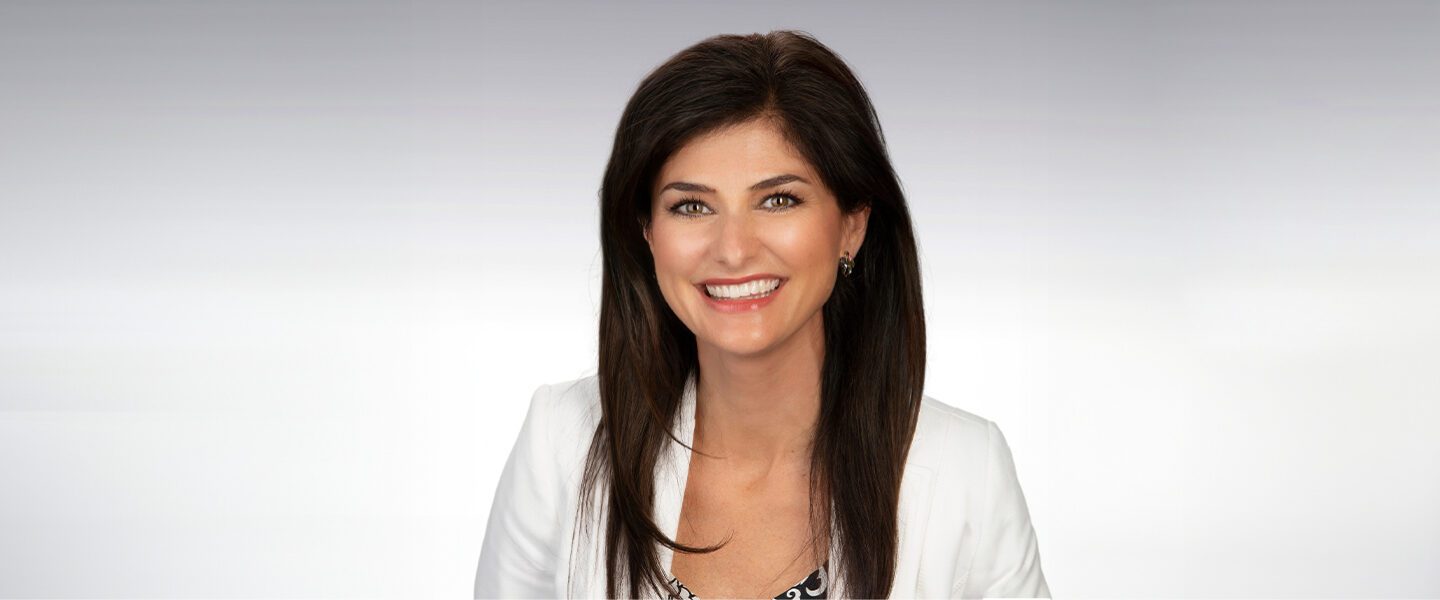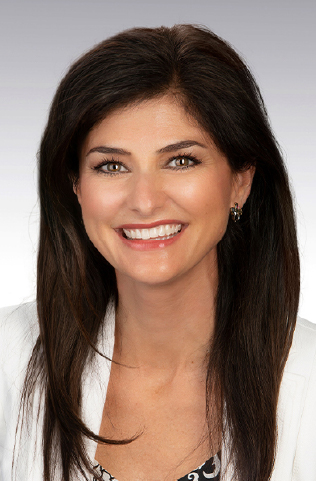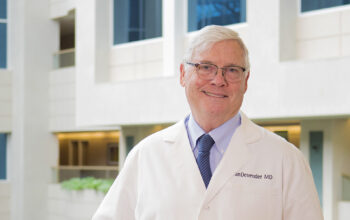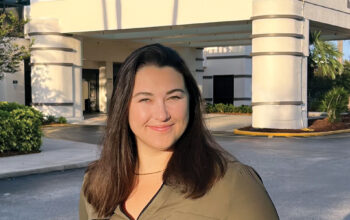Q: What first drew you to medicine?
A: The combination of the science and people. I love people. I’m fascinated by science. And what better way to combine the two and make lives better than medicine?
Q: What attracted you to oncology specifically?
A: The ability to help cancer patients truly improve their lives. To sit down and be able to have meaningful conversations about what’s really important in life. To come along beside them on what can often be a difficult journey and really improve and enrich their lives.
Q: What is survivorship?
A: It’s simply living your best life. Specifically, living one’s best life with, through and beyond cancer. Comprehensive, quality care throughout the cancer continuum.
Q: How did the Colorado Center of Gynecologic Oncology survivorship program start?
A: When the original surgeon brought me in, he said, “I want you to build a survivorship program.” I had never even heard of the word “survivorship.” Now I know that survivorship programs are usually only found at large cancer institutions or university hospitals. But we want our patients — even in private practice — to have that same level of cancer care. That quality, holistic care. So, we really built the program from scratch.
Q: The Colorado Center for Gynecologic Oncology later merged with HCA Healthcare, correct?
A: They wanted to keep the survivorship program growing. The different facilities throughout the division have their own cancer accreditation, so we were all doing it separately. Then somebody had the idea of all coming together and getting one accreditation for all our facilities. Part of those cancer commission standards is having a survivorship program.
Q: What are some of the elements of survivorship that aren’t widely known?
A: My caveat is, everyone’s cancer journey is different. So, their survivorship is individualized as well and is based upon that patient’s specific needs. But the big components we usually cover are the transition from active treatment into surveillance, signs of recurrence, and the survivorship plan moving forward. We discuss wellness and preventive health, including nutrition, exercise, and screenings for secondary cancers. Finally, we look at how cancer has affected the rest of their life, including psychosocial health, fatigue, sleep, cognitive function, sexual health, etc. Good survivorship covers a lot!




